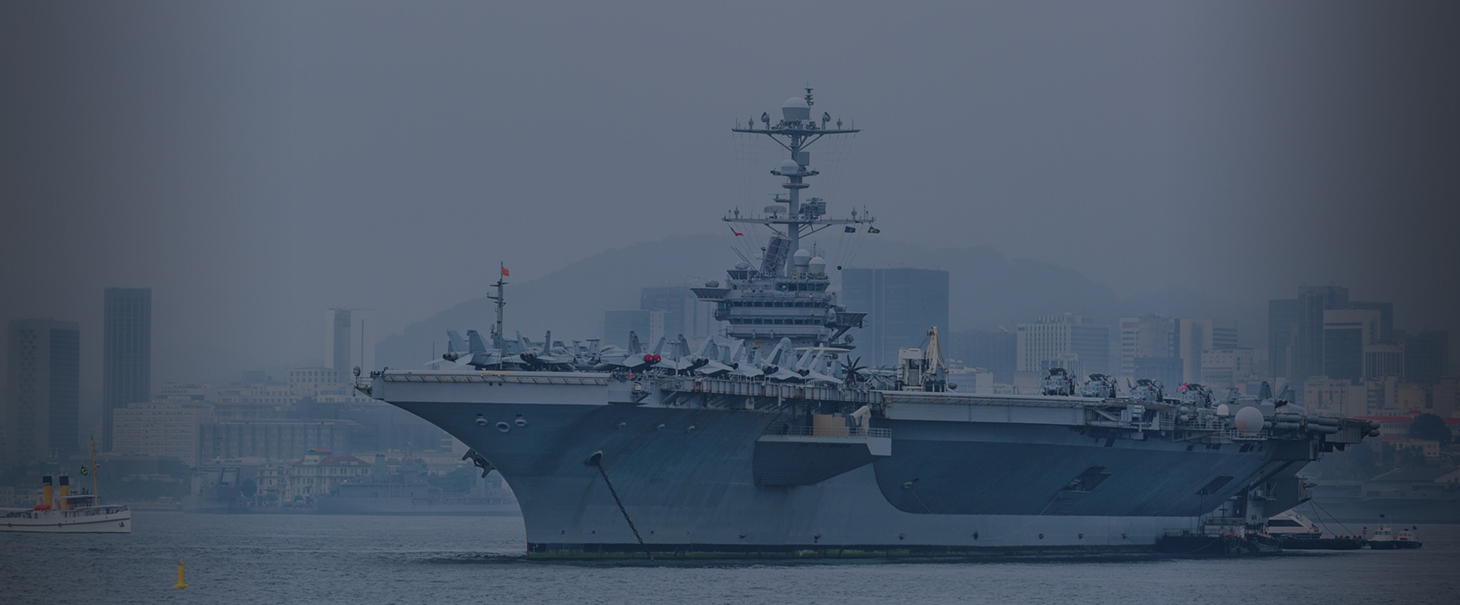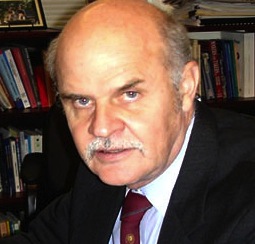EXPERT
Locations
DOWNLOAD
The unhindered movement of money, goods and people are essential aspects of economic freedom. These same freedoms, however, can be used for violent purposes by national or international aggressors. The same freedom that allows the government to pull back money from a country known to seize private deposits, can be used to launder money from kidnappings or terrorist activities. The same smuggling, that helps one avoid customs when buying something, can be used to smuggle a shoulder missile. Security is key component of economic freedom. The 9/11 attacks, a failure in national security, changed the dynamics of the economic discussion in the United States. We are still paying the costs. I followed this impact on immigration, trade and monetary policy. Former Mexican President Vicente Fox was in the U.S. days before the attack to help consolidate an immigration reform policy. The U.S. was advancing to push free trade in the Americas. A high level Argentinean delegation was also in Washington to help seal an agreement. After 9/11, major concerns of war creating a possible recession encouraged the continuity of an easy monetary policy. These policies, kept in place because of failed national security, fueled massive spending and enabled the 2008 bubble. Other mishaps in national security can completely shift the economic debate. Take for exampleBitcoin, the electronic payment system which is out of reach of central authorities. Just imagine the impact of a terrorist organization taking advantage of one of its features to pass money to finance a major operation. On the other hand, the Chinese companies that operate major ports are extremely careful to avoid neglect when it comes to monitoring the security of their facilities. The U.S. and China collaborate and conduct joint security exercises in many ports. Scores of security and intelligence issues influence money and trade, two essential aspects of the exercise of economic freedom, therefore it is important to monitor security threats. Threats, however, can be used as an excuse to close an economy and favor special interests. It is natural, therefore, for free market institutions to venture into this territory. Issues of national security have never been easy for lovers of the free society. Adam Smith made national security exceptions to his laissez faire recipes. In “Human Action,” his major treatise, Ludwig von Mises, defended conscription:
“He who wants to remain free, must fight unto death those who are intent upon depriving him of his freedom. As isolated attempts on the part of each individual to resist are doomed to failure, the only workable way is to organize resistance by the government. The essential task of government is defense of the social system not only against domestic gangsters but also against external foes. He who in our age opposes armaments and conscription is, perhaps unbeknown to himself, an abettor of those aiming at the enslavement of all.” Milton Friedman, on the other hand, had the greatest influence in the U.S. to abolish conscription. A few years before his death, at a major event at the White House, I witnessed Donald Rumsfeld and President George W. Bush praise Milton Friedman for his contributions in this field. More recently, actions by the National Security Agency have caused major discussions at prominent think tanks such as the Cato Institute and Heritage Foundation. Soon after the revelations of NSA eavesdropping, legal scholar Richard Epstein and Roger Pilon, vice president of Cato, wrote a piece about the NSA which was rebuked by other Cato scholars. The fear of Big Brother is also strong among traditional conservatives and the NSA debate was written upon at Heritage as well. When government security agencies are weakened, it is healthy and essential to have think tanks focusing on homeland security, defense and intelligence. Almost all leading policy research organizations have centers, divisions or individual scholars who specialize in security issues. In the past, this field of study has traditionally been monopolized by the government. At different times in their history, Cato and Heritage have hired analysts from defense and intelligence agencies. Cato and Heritage often disagree in goals and methods, but by creating room for independent research, they both help civil society play an essential role in these debates. It is less frequent to find foreign think tanks focusing on these issues. One notable exception is the Prague Security Studies Institute, which grew out of a program of the Civic Institute in the Czech Republic. In some countries, such as Turkey, government authorities have tried to block similar efforts of independent studies. Mexico was a similar case, but by hiring Alejandro Hope, with several years of experience in Mexican intelligence services, Instituto Mexicano para la Competitividad is proving that there is increased recognition of the need of private and transparent analysis. The U.S. defense and intelligence market has opened up in other areas. From USIS, a company born out of the privatization of the background check business, to the Blackwater-type companies in protection and para-military operations, we are seeing a changing market. Now, it is only fitting that private think tanks enter the field. Leading government think tanks, like the Pentagon’s Office of NET Assessment, can only benefit from increased competition. A final word of caution: True free markets will not be able to operate if the police and courts of a country are used more to help enforce bribes or protection money rather than securing private property, life and contracts. Think tanks should start to include experts who understand and are trained in issues of homeland and national security. Totalitarian governments, such as Russia, Cuba, Venezuela, or China can greatly harm efforts to move economic systems towards greater freedom and transparency. Read original article in Forbes.com.


 Alex Chafuen
Alex Chafuen